While the Costa Blanca experience is often defined by its sun-kissed beaches and vibrant nightlife, just a short drive inland, a truly extraordinary and ancient tradition unfolds each year that captivates both locals and curious visitors: the El Colácho baby jumping festival.
Though not directly on the Costa Blanca, this one-of-a-kind event takes place in Castrillo de Murcia, a small village in the province of Burgos, making it an intriguing cultural excursion for those interested in learning more about Spain’s rich and sometimes perplexing history. Understanding such a deeply rooted, albeit distant, tradition provides a window into Spain’s diverse cultural tapestry.

A Centuries-Old Ritual
El Colacho, which literally means “the devil,” is an annual festival held since the early 17th century. Its origins are steeped in religious folklore and pre-Christian rituals, combining Catholic dogma with ancient purification ceremonies. The festival’s central theme is the belief in warding off evil spirits and cleansing newborns of original sin and potential illnesses.
The Daredevil Leap
Men dressed as the “Colacho” – personifications of the devil – wear vibrant red and yellow suits with grotesque masks, making El Colacho’s highlight and unquestionably its most striking aspect. They carry whips and frequently chase bystanders, adding to the theatricality of the event.
However, the main act features these Colachos leaping over rows of babies lying on mattresses in the street. These infants, usually born within the previous 12 months, are carefully placed by their parents. As the Colacho jumps, it is believed that the devil removes any evil, sickness, or misfortune that may befall the child, leaving them purified and protected.

Beyond the Spectacle: Community and Tradition
While the image of a costumed devil leaping over babies may be unsettling to outsiders, it is critical to understand the deeply held faith and community spirit that underpin El Colacho. For the villagers of Catrillo de Murcia, this is not a reckless stunt, but rather a religious tradition passed down through the generations. The entire community takes part, from the parents entrusting their children to the Colachos themselves, who perform their duties with dignity and skill.
After the jumps, the babies are sprinkled with rose petals and returned to their families, symbolically cleansed and blessed. The festival also features processions, religious services, and general merriment, which strengthens community bonds.
A Look from the Costa Blanca
For Costa Blanca visitors interested in Spanish culture outside of the beaches, El Colacho is an intriguing, if distant, cultural phenomenon. While it required a journey into the countryside, the presence of such distinct traditions throughout Spain demonstrates the country’s profound historical depth and regional diversity.
It serves as a reminder that, even in modern Spain, ancient beliefs and practices thrive, providing a glimpse into a world where faith, folklore, and community intersect in the most extraordinary ways. So, as you enjoy the Mediterranean charm of the Costa Blanca, keep in mind that just a few hours away, the devils of Catrillo de Murcia are performing their annual leap of faith, purifying the next generation in one of Spain’s most memorable spectacles.

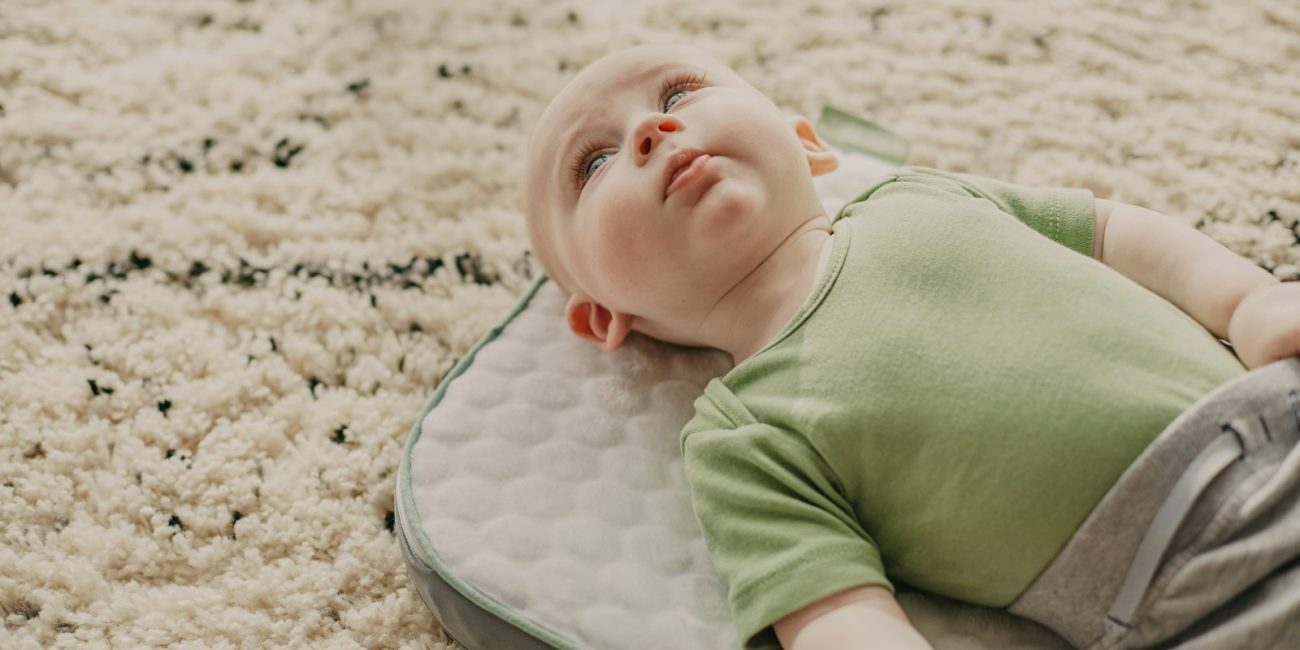


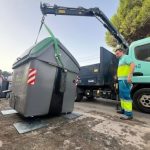
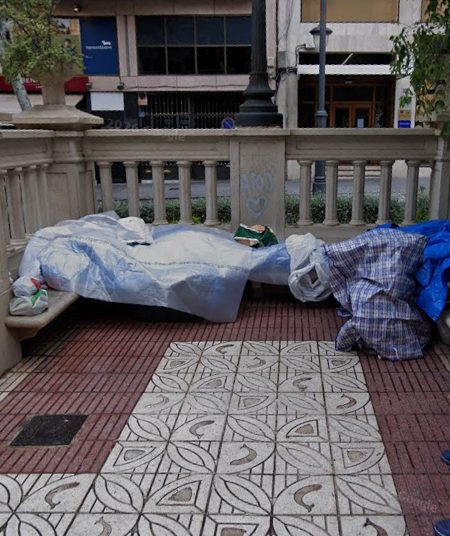
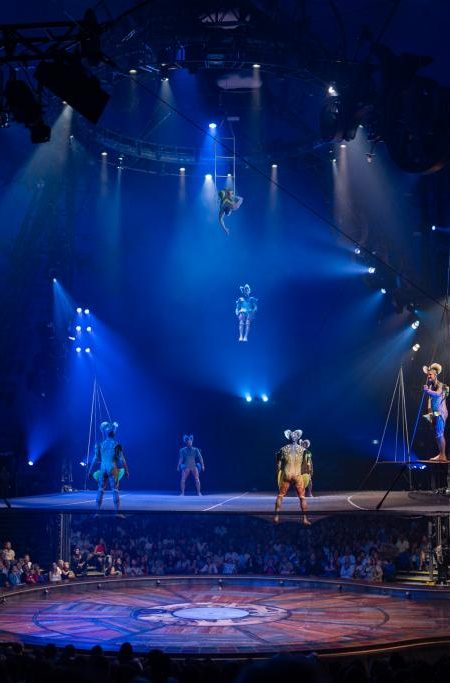
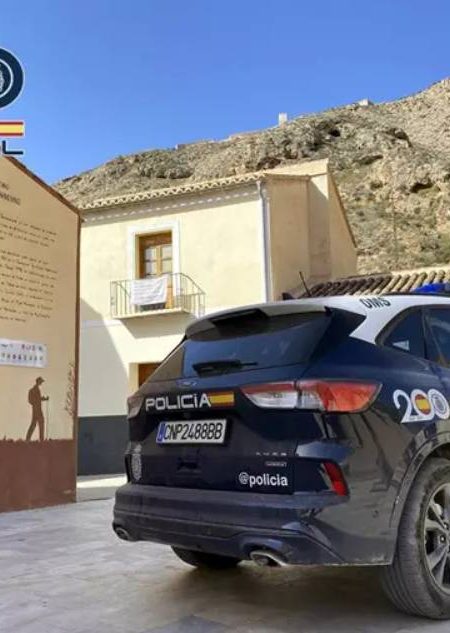
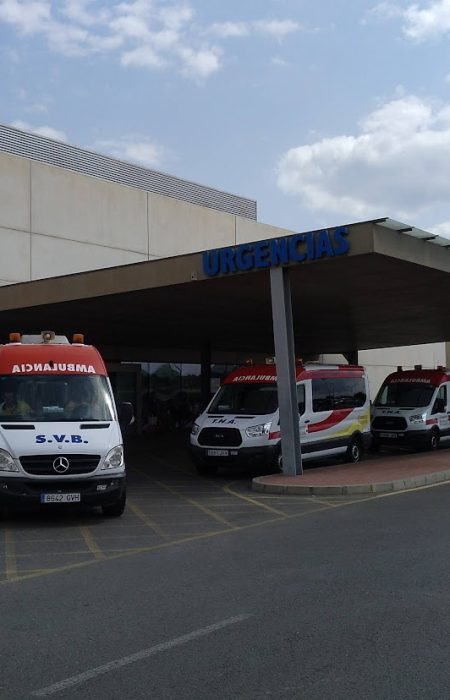
No Comment! Be the first one.